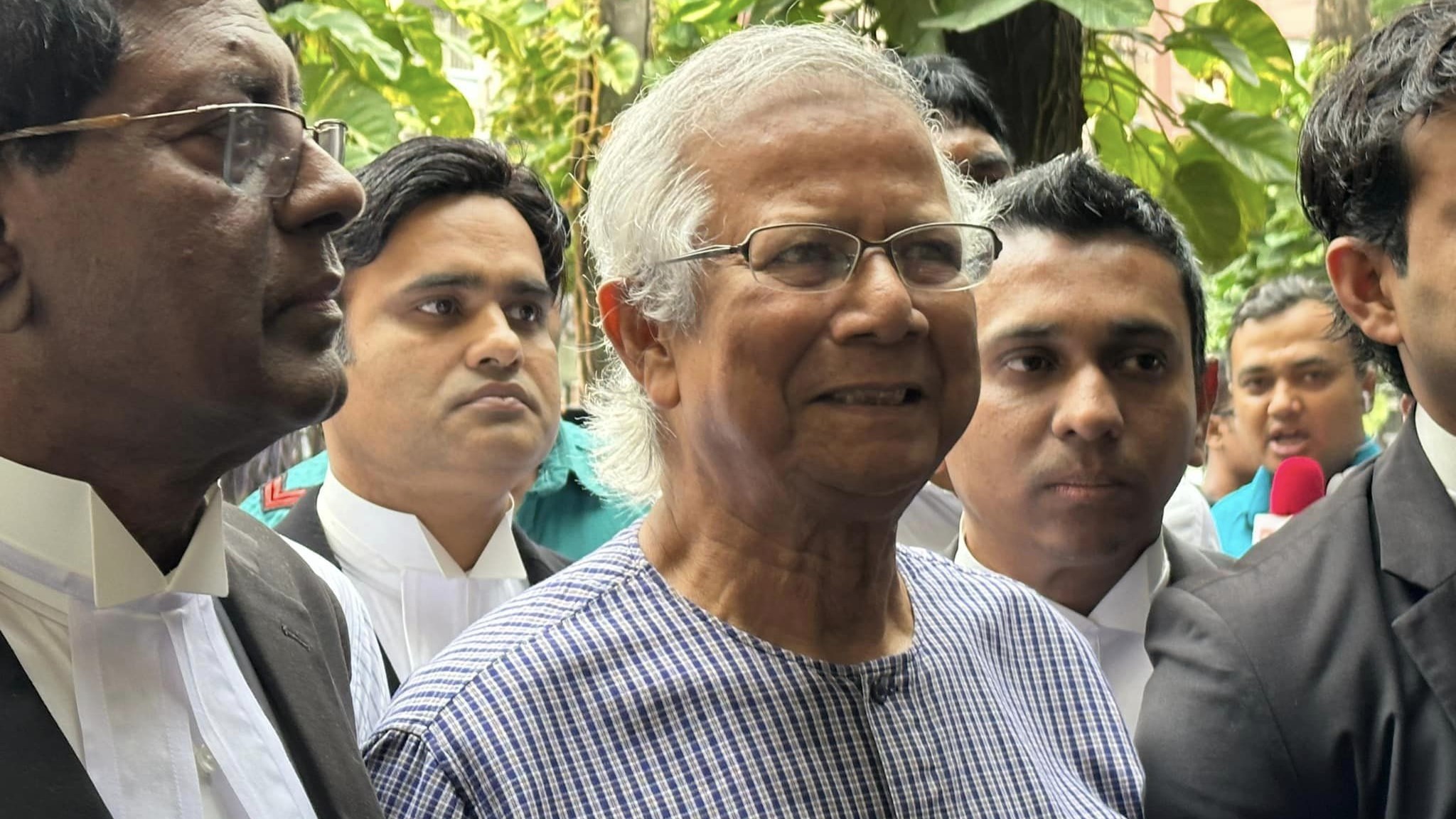On January 1, Mohammad Yunus, an 83-year-old Bangladeshi activist, Nobel Peace laureate, and microfinance pioneer, was handed a six-month sentence by a Bangladeshi court along with three other colleagues from Grameen Telecom for allegedly violating labor laws. Rights organizations have however denounced the verdict as “frivolous” and “disproportionate”.
United Nations special rapporteur Irene Khan told AFP the sentence a “travesty of justice”, while Amnesty International characterized the criminal proceedings against Yunus as a “blatant abuse of labor laws and the justice system.”
The head of Dhaka’s Third Labor Court, Sheikh Merina Sultan, found three Grameen Telecom colleagues guilty of fund embezzlement, sentencing them to six months in prison and a fine of BDT 30,000 (USD 273). Yunus is facing accusations of corruption and violation of labor law.
The verdict coincides with the upcoming general elections to be held on January 7. The supporters of Professor Yunus have claimed the sentence is politically motivated. Yunus himself stated: “I have been punished for a crime I did not commit. If you want to call it justice, you can.”
Khurshid Alam Khan, the lead prosecutor, confirmed that all accused parties were granted bail pending appeals. In a statement released after the verdict, Yunus asserted the inconsistency of the judgment with legal precedent and logic. “I call for the Bangladeshi people to speak in one voice against injustice and in favor of democracy and human rights for each and every one of our citizens,” he urged.
Mohammad Yunus is the founder of Grameen Bank, which he formed in the 1980s as a microfinance institution that is believed to have lifted millions of people out of poverty. He was awarded the Nobel Peace Prize for his work in 2006.
Hasina has in turn called the activist a “soodkhor” or an usurious money-lender who has been sucking the blood of the poor in the name of poverty alleviation.
During the court hearing, Yunus told the reporters that he had not taken any amount of profit from any of the 50 business firms he has established in the country, over the years. His supporters have condemned the Sheikh Hasina government for focusing on the sham case against Yunus when there are many cases of grave labor law violations that are being overlooked by the authorities. They allege that the case against him is a deliberate attempt by the government to divert attention from other labor law violations, ahead of general elections.
Following his Nobel Prize win, Yunus established a political party, the Citizen Power. However, the slow growth of his party compelled him to abandon the plans of contesting elections.





